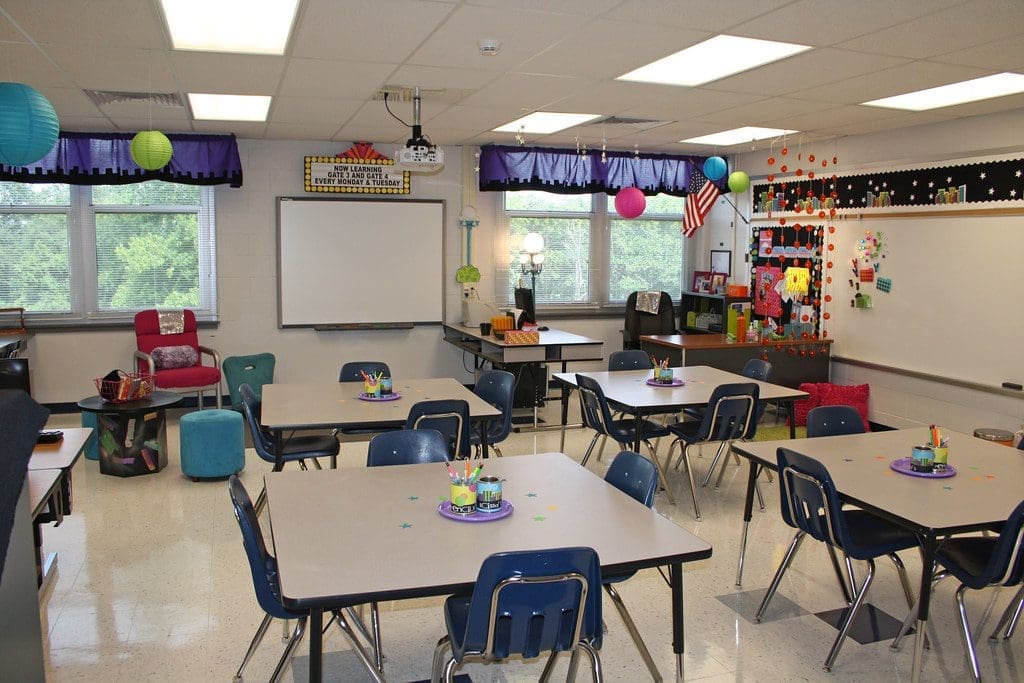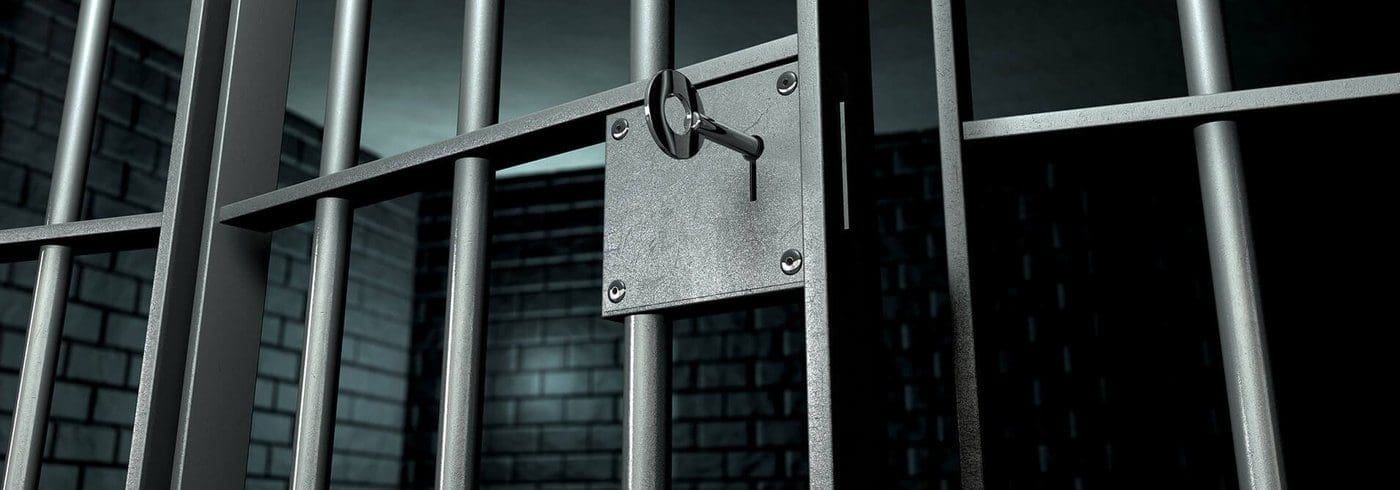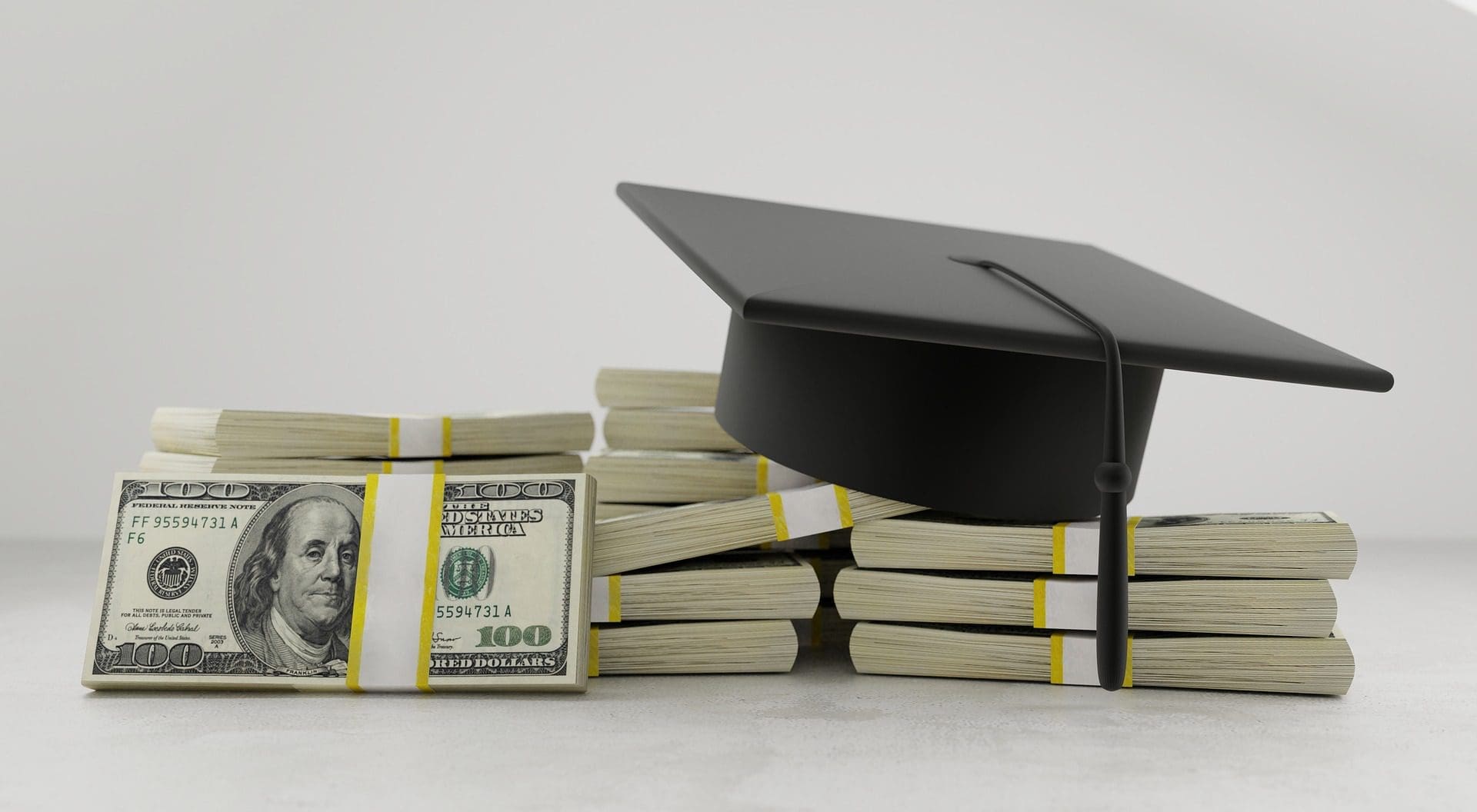With Texas’ third special legislative session underway, the Senate Education Committee discussed proposed legislation that would bring school choice to students.
Last week, Gov. Greg Abbott announced his intention to call a special session focused on several priority conservative issues, including creating and approving “Legislation providing education savings accounts for all Texas school children.”
Abbott’s order came after parents called on lawmakers to provide education freedom to families across the state.
Tuesday, the Senate Education Committee debated Senate Bill 1 by State Sen. Brandon Creighton (R–Conroe).
The legislation would create education savings accounts for Texas students who are eligible to attend the state’s government schools and have been enrolled in a government school for at least 90 percent of the previous school year, are attending pre-kindergarten or kindergarten for the first time, or attended a private school on a full-time basis the year prior.
Students enrolled in the program would receive an $8,000 education savings account, which they could use to pay for tuition at a private school in the state.
Families could also use the funds to pay for materials their school requires, academic assessments, a private tutor, transportation to school, or fees for educational therapies.
During public testimony, several individuals raised concerns about the legislation’s ability to fully serve Texas students.
Lesley Rivas, operations specialist for the Mexican American School Board Association, said the legislation would “negatively impact” Hispanic students.
“As filed, we believe that SB 1 will negatively impact public schools and thus harm the very students we’re committed to serve,” said Rivas. “Texas ranks in the bottom 10 states for per pupil spending on K-12 education, spending $3,000 less per student than the national average. This underfunding of schools has disproportionately affected the majority of Latino and economically disadvantaged student populations.”
Lufkin ISD educator Billie Kimbrough expressed concerns that disadvantaged students would not be able to afford private school tuition, even with the $8,000 yearly credit.
“Throughout my career, I’ve had the privilege to teach children from all walks of life,” said Kimbrough. “But I’m especially proud to have done my work with students in a Title I school. Many of those students suffer extreme hardships, and our schools are the only safe place as well as the only opportunity to educate in order to improve their future. The systems I’m referring to would not benefit [from] any voucher program. It’s simply because their families would not be able to afford the extra cost of private schools.”
However, others voiced support for the legislation, including Nathan Cunneen—the communications strategist for the American Federation for Children—who benefited from Florida’s school choice program.
“I’m a living testament to the effectiveness of school choice programs,” said Cunneen. “The program that I used has been shown to increase the likelihood of students attending college by up to 99 percent. That was me. I became the first in my family to graduate from college, and I strongly believe that that was because of the school choice scholarship I received. I attended both public and private schools. The public school that I left was one of the best in the state and they continue to be. It was not the right fit for me. They have not lost one dollar of funding because they’re still oversubscribed with a long wait list of people who would like to go there out of open enrollment.”
The committee approved the measure in a 10-3 vote, and it will likely return to the Senate floor for a chamber vote on Thursday.





